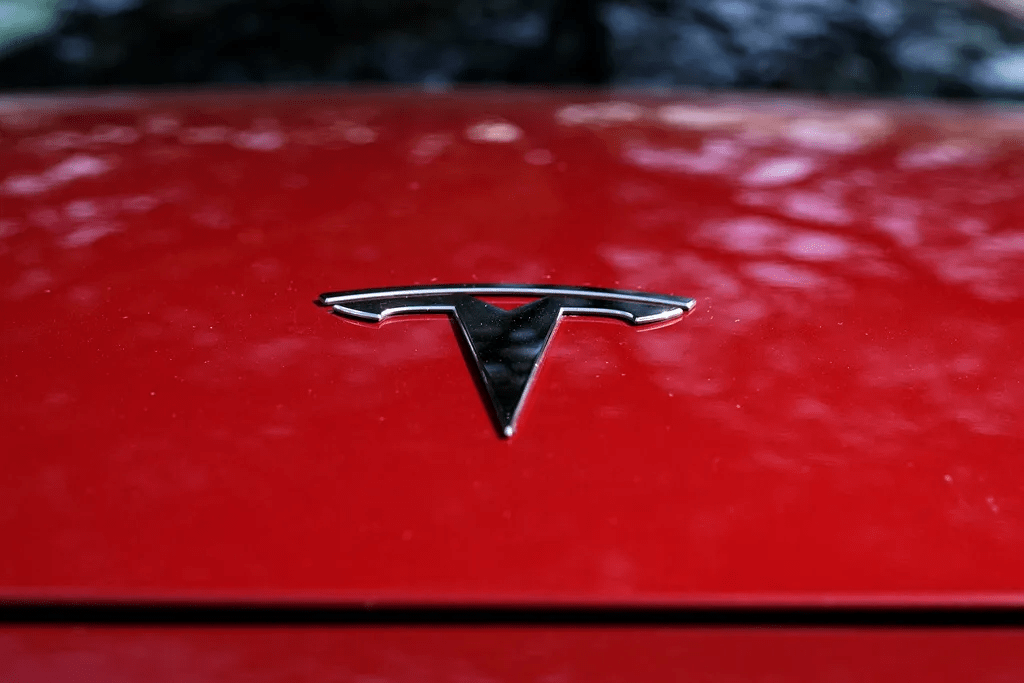A startling 200,000 Tesla cars are being recalled in the US, which is rocking the automotive world. A defective backup camera—a crucial safety feature that did not activate when the cars were in reverse—is the cause of this extensive recall. The backup camera is essential for averting collisions, therefore its defect raises serious safety concerns.
The gravity of the issue is highlighted by the fact that Tesla has reportedly handled 81 warranty claims that may be connected to the failing backup camera issue. A subset of Model Y, Model S, and Model X automobiles manufactured in 2023 are subject to the recall. Surprisingly, this recall represents almost 10% of Tesla’s 2023 output, even with the company’s high yearly production.

In a statement, the National Highway Traffic Safety Administration (NHTSA) of the United States stated that a software glitch was the cause of the issue. The common denominator among the recalled vehicles is described as Tesla’s “Full Self-Driving” computer 4.0, in conjunction with particular software versions (2023.44.30 through 2023.44.30.6, or 2023.44.100). The NHTSA has verified that Tesla quickly resolved the problem with an over-the-air (OTA) software update.
Surprisingly, Tesla knew about the issue in December but opted to proceed with a recall only a day later on January 12. Letters of notification are anticipated to be sent to customers by March 22. Tesla claims that despite the fault, no crashes, injuries, or fatalities have been linked to this specific problem.

This latest recall by Tesla follows another huge one that involved over two million cars just six weeks ago. Similar to the current predicament, the previous recall was brought about by significant safety concerns pertaining to the Autopilot advanced driver-assistance technology and was resolved by an over-the-air software update. These occurrences cast doubt on the effectiveness of Tesla’s quality control procedures as well as the possible dangers of modern cars’ growing reliance on intricate software systems.


